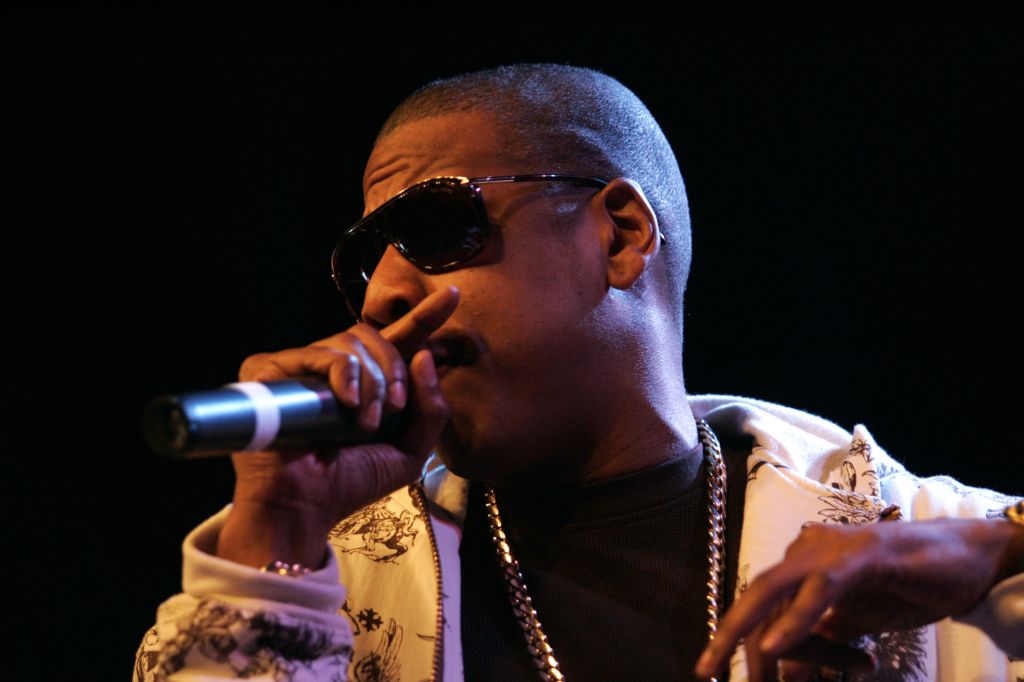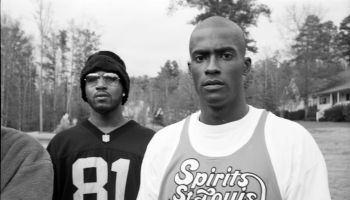VIA: USA Today.com
The author known simply as Sapphire titled her acclaimed, controversial 1996 novel, Push, for a simple reason: Her narrator, an illiterate and obese 16-year-old girl, is urged to do a lot of pushing.
When Precious Jones confesses to a teacher in a Harlem alternative school that she can’t read — that “the pages all look alike” — she’s told, “Push yourself, Precious. Go for it.”
And when she is 12, on her kitchen floor delivering a child fathered by her own father, Precious hears similar advice:
“Precious, it’s almost here. I want you to push.”
To which Precious adds, “I did.”
But when it came to naming the movie, which has gotten rave reviews, there already was a film titled Push, a sci-fi adventure with Dakota Fanning released in February.
“I never heard of it,” says Sapphire, who’s also a poet. “It came and went in 15 minutes. But in movies, unlike books, you can copyright titles.”
Which is how the R-rated film directed by Lee Daniels, with Oprah Winfrey and Tyler Perry as executive producers, took on a lengthy title: Precious: Based on the Novel Push by Sapphire.
“It’s a bit of a disappointment,” the author says, “but not a profound one. The movie has given the book a whole new life.”
Sales are soaring of the paperback movie tie-in edition, which has actress Gabourey Sidibe (who plays Precious) on the cover. It’s No. 13 on USA TODAY’s Best-Selling Books list.
“It’s moved beyond its comfort zone, beyond the artists and intellectuals and black teens and social workers. It’s out in mainstream America,” says Sapphire in an interview at the New York Public Library’s Harlem Branch.
Sapphire, 59, once worked here as a literacy volunteer. In the novel, Precious gets her library card here. Or, as she writes, “I got libry card.”
The author says Precious and her teacher (played by Paula Patton in the film) are composites: When she taught, Sapphire had “one student who was profoundly illiterate. Another was a creative writer and very articulate, and one day she told the class, ‘I had a child by my father when I was 12.’ Another student was profoundly obese and abused at home. I rolled them up into one character.”
Actress Mariah Carey, who plays a social worker who’s more sympathetic in the movie than the novel, says: “It’s one of my favorite books ever. People assume they know what my life is, but people have no idea. I have known people who have had very similar lives to Precious.”
But some blacks have criticized Sapphire for focusing on black family dysfunction.
She replies, “If you’re upset, then ask, ‘Why does this happen? What can I do?’ Not say, ‘Bring back the Cosby family.’ “
She praises the movie but adds, “There’s always loss in the transition from print to film.”
The novel focuses more on how Precious learns to read and write, but “on the screen, that process would be boring.”
On the other hand, Precious’ fantasies of being a TV star and dancer “are only alluded to in the book. In the movie, they come alive.”
Sapphire, who lives in Brooklyn, had no official role in the film but says Daniels showed her the screenplay and accepted most of her suggestions, including objections to new scenes in which Precious would be hit by a car and have a redemptive reunion with her father before he dies of AIDS. Both were cut.
Her novel, she says, “is more intense, tougher and more political” but shares the same message as the movie: “You can make it if you try, but you need a loving community, you need a teacher, you need a social worker, you need friends.”
















